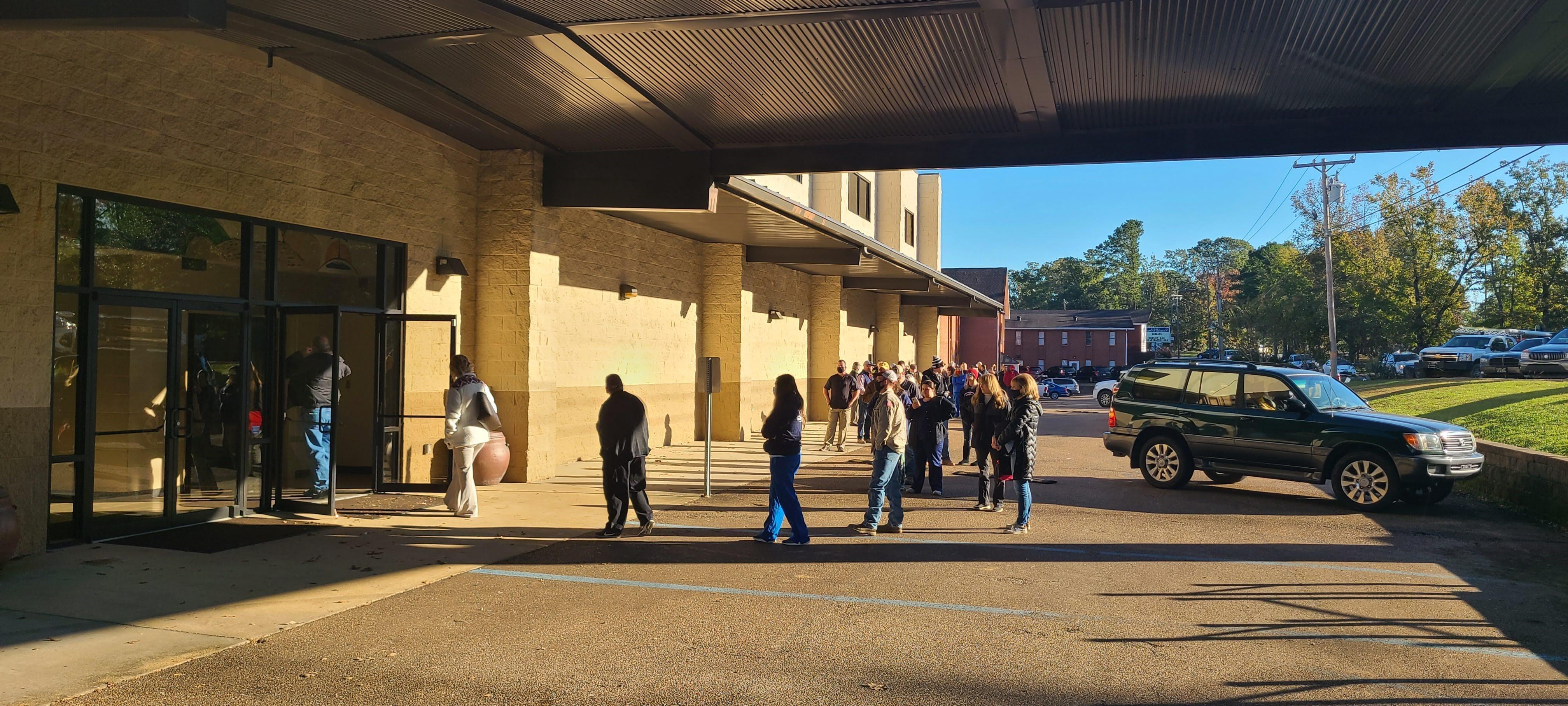Republican Senator Cindy Hyde-Smith is speaking out against early voting initiatives that occur on a Sunday, despite having held campaign events on Sunday herself. During a U.S. Senate hearing about a Democratic-sponsored bill to expand voting rights, lawmakers began discussing a recent law in Georgia that prevents early voting on Sunday. Senator Hyde-Smith responded in the discussion.
Hyde-Smith said “Georgia’s a southern state just like Mississippi. I can not speak for Georgia, but I can speak for Mississippi on why we would never do that on a Sunday, or hold an election on a Sunday. In God’s word in Exodus 20:18, it says ‘remember the sabbath, and keep it holy.’”
Georgia's Sunday voting ban prevents churches from participating in the historic event called "Souls to the Polls." After church, Black congregations go to the polls together to cast their votes. Reverend Jeffery Gladney of Red Oak Grove Missionary Baptist Church in Tupelo says preventing Sunday voting is voter suppression. He's signed a petition along with more than 11 thousand nationwide asking Hyde-Smith to reverse her statements.
“Voting is a right, and it should be a right for everybody. It’s a fairness issue, not a separation issue," says Rev. Gladney. "Those are stall tactics, and those are people who are in power and don’t want to give up their power, but there’s a day of reckoning coming, there’s a day of justice coming, and there’s a day of fairness that’s coming.”
Hyde-Smith has also spoken out against efforts to expand voting rights, saying it could undermine Mississippi's Voter-ID law.




